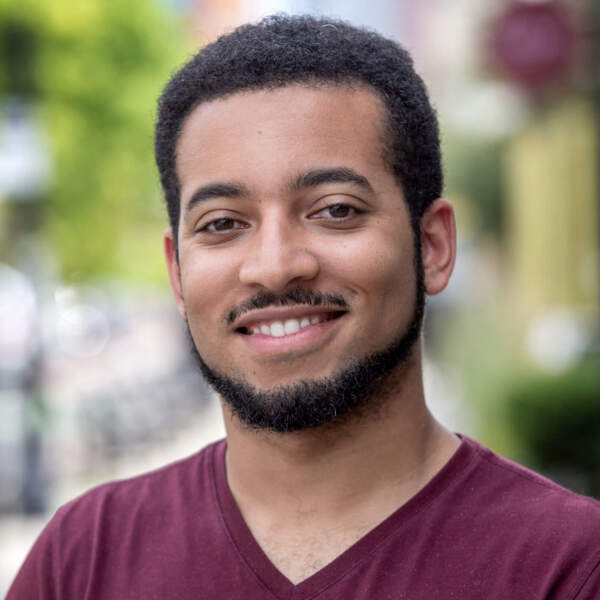Advertisement
State Superintendents Bring Conversations About Racial Justice To Schools Following Recent Protests
ResumeThe shockwaves following the death of George Floyd in Minneapolis last week are spurring a countrywide conversation about race — and school district leaders from around the state say there need to be conversations about how race affects the classroom as well.
Superintendents with the state's METCO diversity program — which helps students in Boston attend suburban schools — gathered Friday afternoon to demand justice for Floyd and to call for unity against racial discrimination in schools.
Dan Gutekanst, Superintendent of Needham Public Schools, joined WBUR's All Things Considered to talk about how he and other superintendents hope to use this moment to spur greater change.
Here are highlights of the interview, lightly edited for clarity.
Interview Highlights
On the METCO superintendents' gathering
It was great to see so many superintendents of METCO districts there. There are 33 communities that are involved in the METCO program, along with the METCO directors and some METCO board members. The presence of all of us together at this really challenging time is important to demonstrate to the community and to our students.
On how the protests are being addressed in schools
Well, I'll tell you that this week has been a really difficult week for, in particular, our staff of color and our black staff and our black students and families. They're in pain. They're angry. And quite frankly, many of them are exhausted. And I talked to teachers about how they're feeling and what they're thinking. And they want the tools, they want the permission to be able to, throughout the school system, pre-K through 12, have developmentally appropriate discussions about race so that we can actually make some change.
On racist incidents in Needham Public Schools
Unfortunately, it does occur, and it's occurred more than a few times under my watch. If, and this happened earlier this year when some swastikas were scrawled on a desk, and in the past when an epithet or the N-word has been used, we pause and we try to take an opportunity to talk about what's going on. Why is it happening, and what can we do to address it? There just seems to be a catalyst now for saying, wait a minute, we have to talk about these things. We have to let the community talk about these things. And we're going to address them in a way that makes sense in the educational setting.
On the importance of speaking about race
If you pretend that it doesn't exist, it will come back and it sends a lesson to the young people that we are going to ignore it. And by ignoring these acts of hate. We're not moving the needle. We're not meeting our obligation as educators. Every child should come into school knowing that the adults in that school are watching out for them and are going to address issues that may impact them directly or indirectly.
On how recent events can change discussions in the future
It begins with me. I've got a lot to do. As far as our teachers and our principals, many of them are in different degrees of readiness. And of course, there's sometimes our families and parents in the background, white families, who may say, "why do we have to emphasize that? Why do we need to be talking about that instead of this?"
We had a program in an elementary school that was talking about a developmentally appropriate book about why children and adults have different skin colors. A family was very upset that we were highlighting the subject of race and differences, and they did not want us to talk about differences, feeling that that exacerbated racial tensions. And in fact, the father during the conversation with me said, "Aren't you colorblind?" And I reflected on it. And I've thought about that a lot. And I said, "No, I'm actually not colorblind." I do see differences in our students.
And I believe it's important that our students have an opportunity to acknowledge the "other," that there is actually a gift in someone who does look different than you do. We as adults might be uncomfortable, we may not want to have these conversations, but the children are hungry for them. And we shouldn't shame them or make them feel that they're doing something wrong. It will always perhaps be uncomfortable. I know it's uncomfortable for me, but at least we have to get into the conversation.
This segment aired on June 5, 2020.

